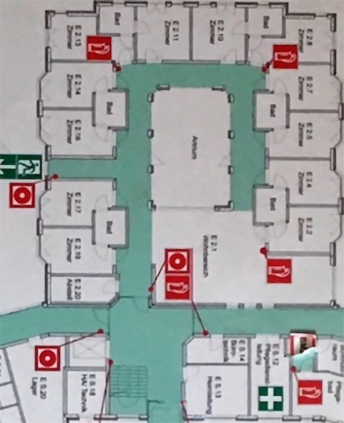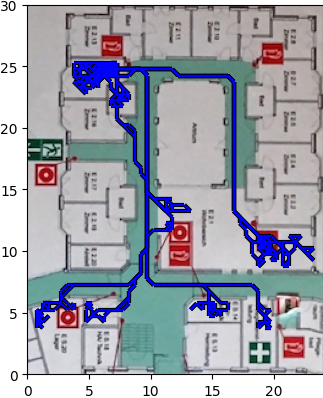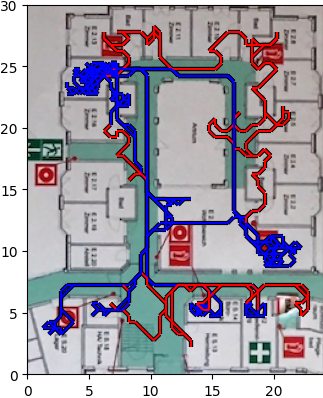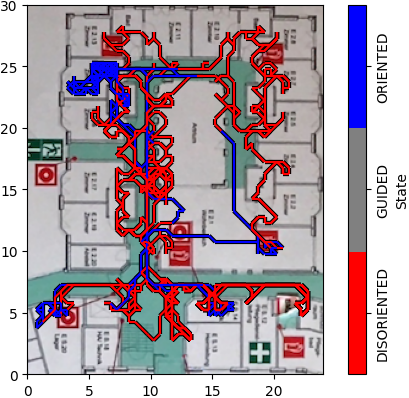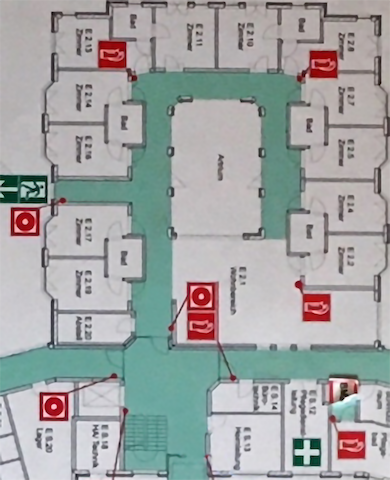Developing artificial intelligence based assistive systems to aid Persons with Dementia (PwD) requires large amounts of training data. However, data collection poses ethical, legal, economic, and logistic issues. Synthetic data generation tools, in this regard, provide a potential solution. However, we believe that already available such tools do not adequately reflect cognitive deficiencies in behavior simulation. To counter these issues we propose a simulation model (SimDem ) that primarily focuses on cognitive impairments suffered by PwD and can be easily configured and adapted by the users to model and evaluate assistive solutions.
翻译:开发以人工智能为基础的辅助系统以帮助痴呆症患者需要大量的培训数据,然而,数据收集提出了道德、法律、经济和后勤问题;在这方面,合成数据生成工具提供了潜在的解决方案;然而,我们认为,已经具备的此类工具不能充分反映行为模拟中的认知缺陷;为了解决这些问题,我们提议了一个模拟模型(SimDem),主要侧重于对痴呆症患者的认知缺陷,用户可以很容易地配置和调整,以模拟和评价辅助解决方案。

